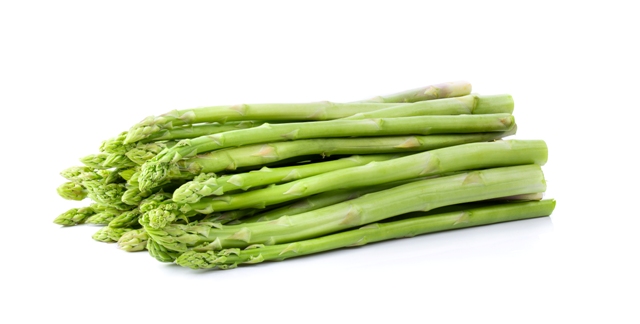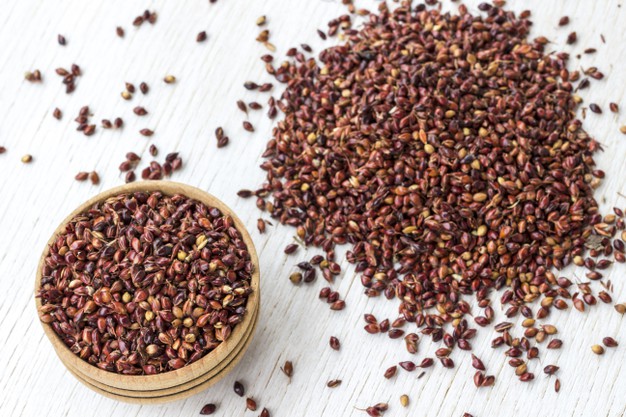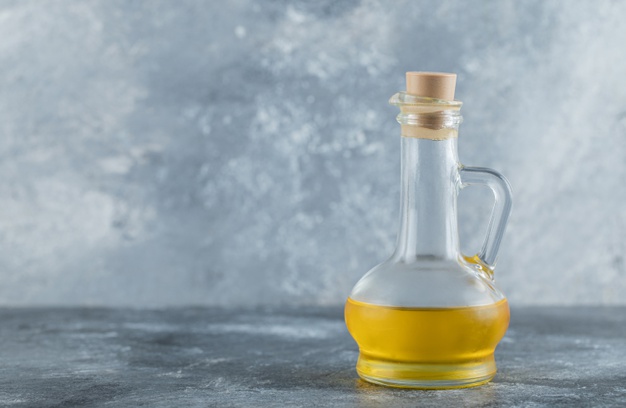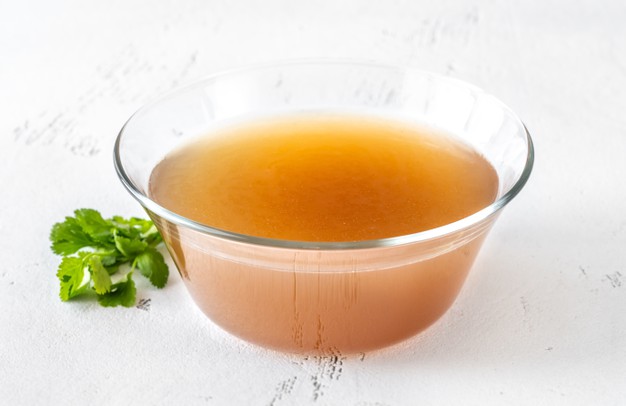Asparagus is very popular and healthy vegetable belongs to lily family. The word asparagus is derived from a Greek word that means sprout or shoot. It is extremely nutritious and it is found in various colours. It has been traditionally used for various medicinal purposes as well.
Nutritional profile
- It contains lesser amount of carbohydrates
- It contains significant amount of fibre (both soluble and insoluble fibre)
- It contains lesser amount of proteins too
- It also contains negligible amount of fat and it is totally free from cholesterol
- It is loaded with various important vitamins, which include Vitamin A, Vitamin E, Vitamin K, Vitamin C and B Vitamins (especially rich in folic acid)
- It is also composed of several imperative trace elements like calcium, phosphorus, manganese, magnesium, potassium, selenium and zinc
- It contains numerous biologically active components as well such as lutein, zeaxanthin, betaine and beta carotene all of these components help in exerting several nutraceutical activities
Biological activity
Antioxidant activity
- It is loaded with antioxidants that help in decreasing the concentration of free radicals in body hence protects the body from its detrimental effects
- It also helps to prevent oxidative damages thus reduces the risk of developing chronic diseases

Anti-inflammatory activity
- It exerts potent anti-inflammatory activity that helps in preventing inflammation
- It also helps in preventing swelling and pain

Anti-carcinogenic activity
Its consumption is closely related with reducing the susceptibility of developing cancers as it has the ability to fight against cancer cells and helps in suppressing their growth
Aphrodisiac activity
- It acts as a natural aphrodisiac element hence promotes libido
- Its Vitamin B6 and Vitamin B9 components are responsible for boosting up the feeling of arousal
- On the other hand its Vitamin E content is also associated with stimulating the activity of sex hormones like testosterone and estrogen
Diuretic activity
It exerts diuretic activity, which is closely related with flushing out excess liquid and waste products from body by promoting urination, which ultimately helps in cleaning the body
Health benefits
Role on digestive health
- Individual suffer from digestive disorders should try asparagus, it works like magic. It is very helpful for making the digestive system properly functioning
- Its insoluble fibre contents are responsible for preventing constipation as it helps to make the stool bulky, which ultimately facilitates defecation whereas it is associated with increasing bowel movement too, which is also responsible for promoting regularity
- On the other hand its soluble fibre acts as prebiotic that helps to feed intestinal beneficial microbes, which ultimately helps to support their growth and also helps them to increase in number that leads to a healthy gut
- It is also associated with preventing bloating

Role on maternal health
- Asparagus is considered as an important food for gestational period as it helps in promoting the growth of both mother and the fetus
- Folic acid component of asparagus is considered as one of the most important micronutrients, which is required for a healthy pregnancy
- Folic acid plays vital role in stimulating the synthesis of RBC that ultimately helps in improving maternal blood volume, which is considered as one of the most important factors of gestation
- Its folic acid content is also associated with synthesizing DNA, which is required for proper cellular development
- It helps to prevent birth defects as well, like neural tube defect, spina bifida etc
- It is thus better to include asparagus in diet in order to approach a positive pregnancy outcome


Role on skeletal health
- Individual who want to obtain a healthy skeletal system should include asparagus in their diet as it contains various imperative nutrients, which are essentially required by the body for healthy bone formation
- Its calcium and phosphorus components are responsible for mineralizing bone, which ultimately helps in increasing bone mass as well as bone mineral density. They help to improve the strength of bone as well
- Vitamin K component of asparagus is also related with promoting overall skeletal health as it plays vital role in promoting the synthesis of osteocalcin, which is required for stimulating bone matrix mineralization
- On the other hand its Vitamin K component is also responsible for promoting the growth of bone as it helps in stimulating the differentiation of osteoblast
- Magnesium present in asparagus helps in bone metabolism too
- Consumption of asparagus is very effective for reducing the prevalence of bone disorders especially osteoporosis
Role on mental health
- Consumption of asparagus is very effective for improving overall mental health status
- Vitamin B9 component of asparagus plays vital role in preventing depression
- Tryptophan (amino acid) found in asparagus helps in improving the mood
- It is also associated with preventing the accumulation of homocysteine in body, which is considered as one of the most important factors accountable for boosting up the mood as excessive level of homocysteine may interfere with the production of mood regulating hormones such as dopamine, serotonin and epinephrine as a result hinders the mood
- It helps to make the body relaxed and calm too, which ultimately promotes healthy sleeping
- Moreover consumption of asparagus is really very useful for refreshing the mind

Role on skin
- Its consumption is very beneficial for promoting overall skin health as it contains various important nutrients that help in nourishing the skin
- Its Vitamin C content helps in improving skin elasticity
- Vitamin A, present in asparagus is also associated with improving skin barrier function
- Its Vitamin E component acts as potent antioxidant that helps in protecting the skin from free radical induced oxidative damages, which significantly reduces the risk of developing dermal disorders. It also helps to protect the skin from sun burn
- It helps to prevent aging as well
- It also helps in improving skin glow
Therapeutic uses
It has been extensively used for various therapeutic purposes, like –
- It is widely used as an important therapeutic substance for cardiac health. it contains numerous cardio protective nutrients
- Fibre present in asparagus helps in decreasing cholesterol concentration within body that decreases the risk of developing atherosclerosis, which is considered as one of the leading causes of cardiovascular diseases
- Its anti-inflammatory activity is responsible for delaying the onset of cardio-inflammatory events in body, which is also responsible for decreasing the prevalence of cardiovascular disease
- It helps to prevent hypertension as well
- It helps to prevent anemia too
- It is also associated with promoting the health and activity of connective tissues
- Its consumption is very effective for improving the symptoms of urinary tract infections
- It helps in preventing obesity too
- Its consumption is also very effective for decreasing the prevalence of stroke

Culinary uses
It is extremely delicious and can be easily incorporated in the diet. It can be cooked and consumed in various ways, such as –
- It can be boiled or steamed or roasted or grilled before consumption
- It can be also consumed after sautéing
- Canned asparagus can be consumed as well
- It can be consumed with salads
- It can be stir fried before consumption
- It can also be consumed with omelet or scrambled egg
- It can be consumed with pasta or noodles
- It can also be consumed with stews or soups

Source:
Bio, M.F., HEALTH BENEFITS OF ASPARAGUS.
Chin, C.K. and Garrison, S.A., 2005, June. Functional elements from asparagus for human health. In XI International Asparagus Symposium 776 (pp. 219-226).
Guo, Q., Wang, N., Liu, H., Li, Z., Lu, L. and Wang, C., 2020. The bioactive compounds and biological functions of Asparagus officinalis L.–A review. Journal of Functional Foods, 65, p.103727.
Hamdi, A., Jaramillo-Carmona, S., Rodríguez-Arcos, R., Jiménez-Araujo, A. and Guillén-Bejarano, R., 2020. Asparagus. In Nutritional Composition and Antioxidant Properties of Fruits and Vegetables (pp. 121-140). Academic Press.
Iqbal, M., Bibi, Y., Raja, N.I., Ejaz, M., Hussain, M., Yasmeen, F., Saira, H. and Imran, M., 2017. Review on therapeutic and pharmaceutically important medicinal plant Asparagus officinalis L. J Plant Biochem Physiol, 5(180), p.2.









